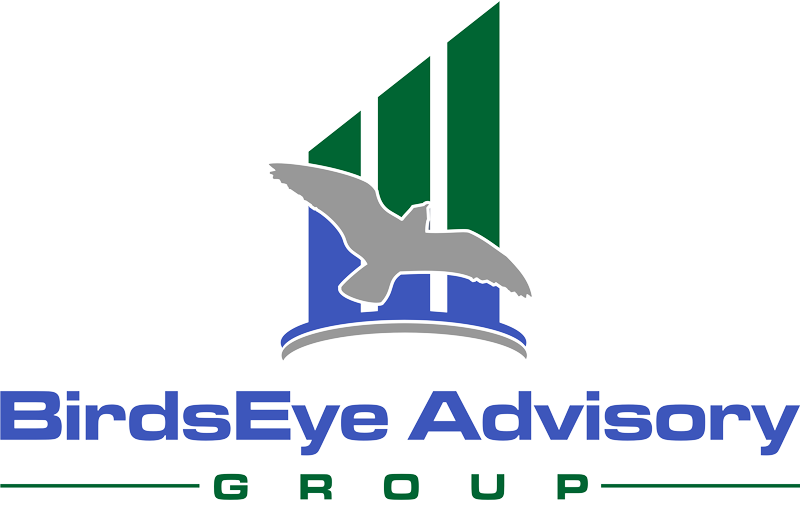As a pet industry consultant and entrepreneur, one thing I am continually amazed at is the amount of money thrown at unproven products – many of which end up failing. This was top of mind this past week as I sat through a fascinating presentation by the Director of Innovation for Del Monte Pet Foods, Geoff Tanner. Geoff took us through the process of how they launched their new line of dog treats, Milo’s Kitchen. It was a detailed and expensive process, impeccably designed to ensure a successful product launch. Of course Del Monte Pet Foods can afford this and it has ended up paying off handsomely for them.
What if you don’t have the millions of dollars that Del Monte spent on their product launch? How does the little guy make sure a new product idea will end up being successful in the marketplace?
This is where Advisory Council comes in. I distinguish between the terms Advisory Board and Advisory Council because, in my experience a Board is created to help you through you business issues versus a Council, which is designed to help create and validate products and services. For example when I owned Avian Adventures I had both an Advisory Board and Advisory Council. The Board consisted of three wonderfully wise people that I paid a reasonable sum of money to fly into Dallas three times a year to meet with my team and me. The purpose of the Board was to hold us accountable, brainstorm ways to improve the business, and leverage their years of experience so I could grow the company. I loved having these guys as part of the team and they got a kick out of helping this little ol’ birdcage business (which is now owned by Midwest Homes for Pets).
I formed my first Advisory Council in 1999, three years after founding Avian Adventures. Since I had already sold my retail and distribution company, I no longer had easy, direct access to the “front lines” – the customers who buy my product.
To address that problem, I formed a group of six “Council Members” – bird store owners, breeders, and avian veterinarians who could give me first hand feedback on what customers were asking for, what products were missing from the market, trends in the industry, which of our products were selling well, and making sure we addressed any health issues around our products.
Our Council members were honored that we invited them to serve in our group. We flew them in the night before the meeting and had a group dinner. Meetings were one day, then they usually flew home that night. We paid them a small fee for their services, paid for their travel expenses, gave them freebies and discounts, and put their profiles on our “Advisory Council” page on our website. Our best selling product ever, the Poquito Avian Hotel, came out of a brain storming session with our Council.
Recently I was talking to Scott Click, the owner of a 7-store chain of stores in Austin, Texas. Scott was telling me what a great experience it has been for him to serve on the Coastal Pet Advisory Board. Coastal has implemented a similar concept – they fly in a group of retailers from around the country several times a year to discuss what is happening in the world of collars and leashes. Coastal is just one example of great companies taking advantage of outside advisors.
An Advisory Council is a win-win experience for all parties involved and I wouldn’t operate another business without implementing this concept.
Carol Frank of Boulder, CO, is the founder of four companies in the pet industry and a Managing Director with BirdsEye Advisory Group, where she advises pet companies in M&A transactions and Exit Planning. She is a former CPA, has an MBA, is a Certified Mergers and Acquisitions Advisory (CM&AA) and holds Series 79 and 63 licenses. She highly values and incentivizes referrals and can be reached at cfrank@birdseyeadvisory.com.
